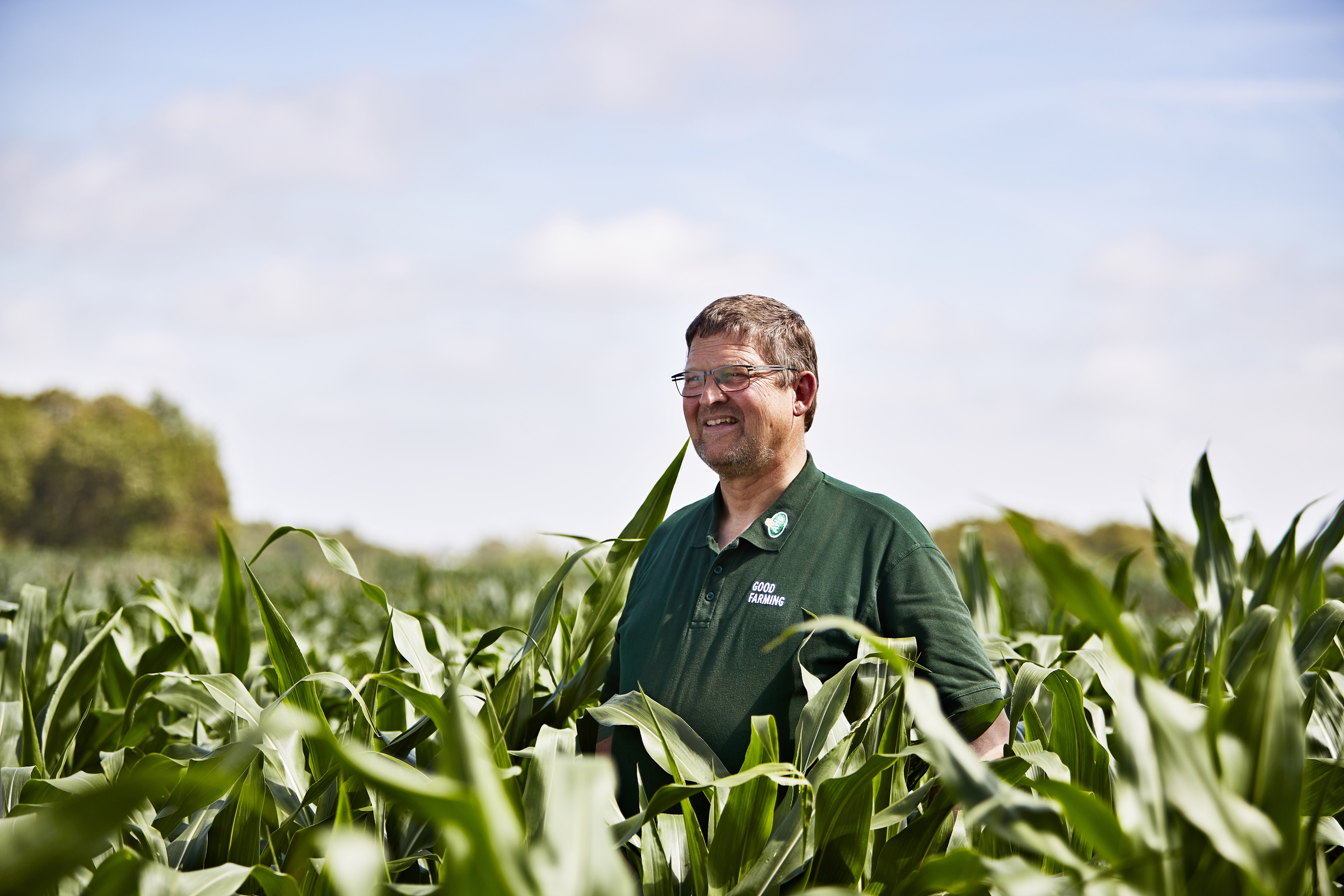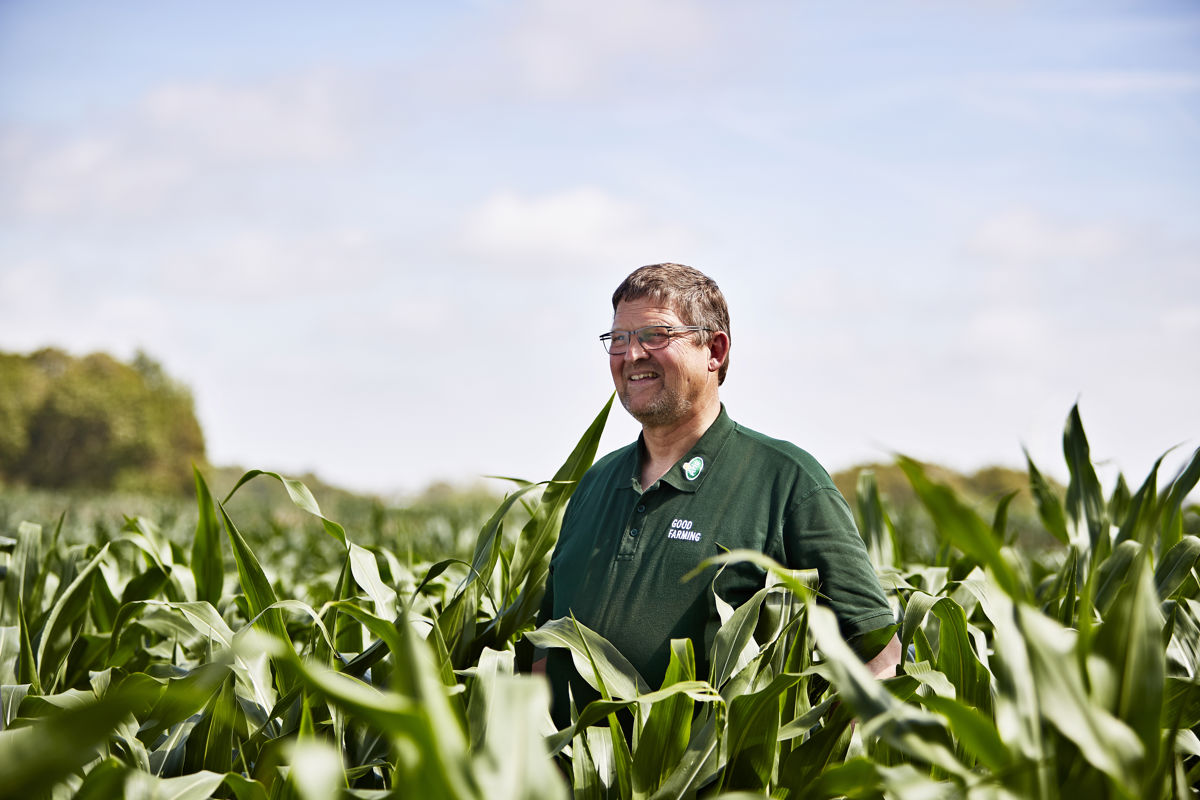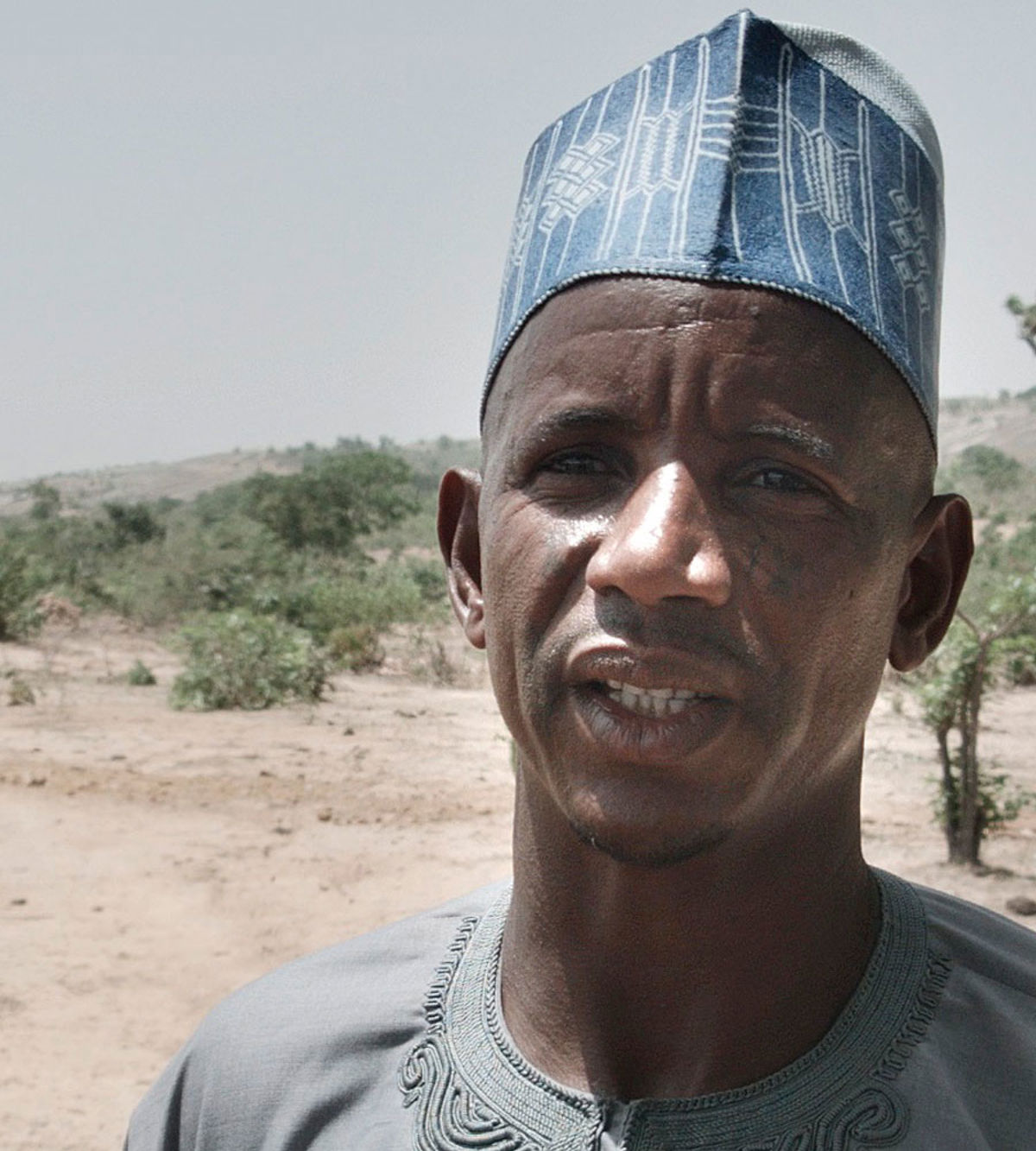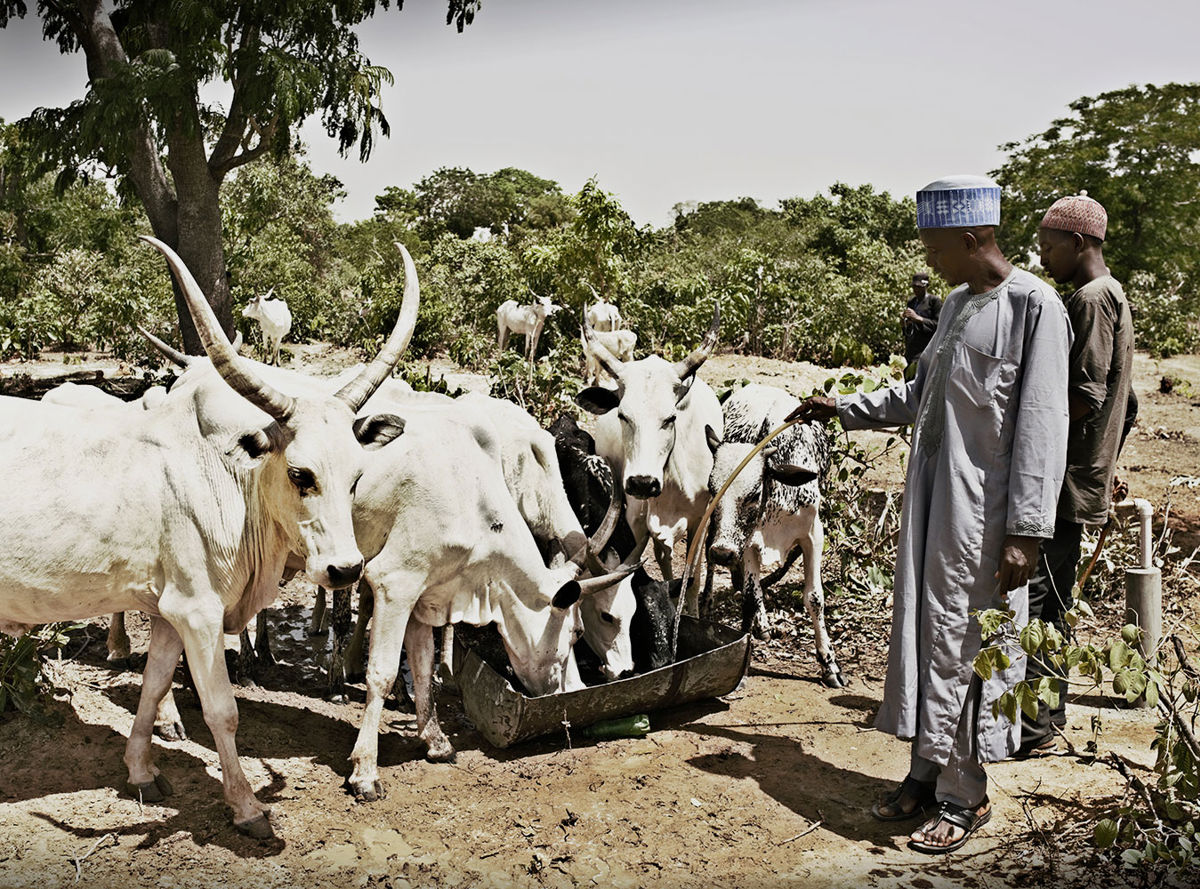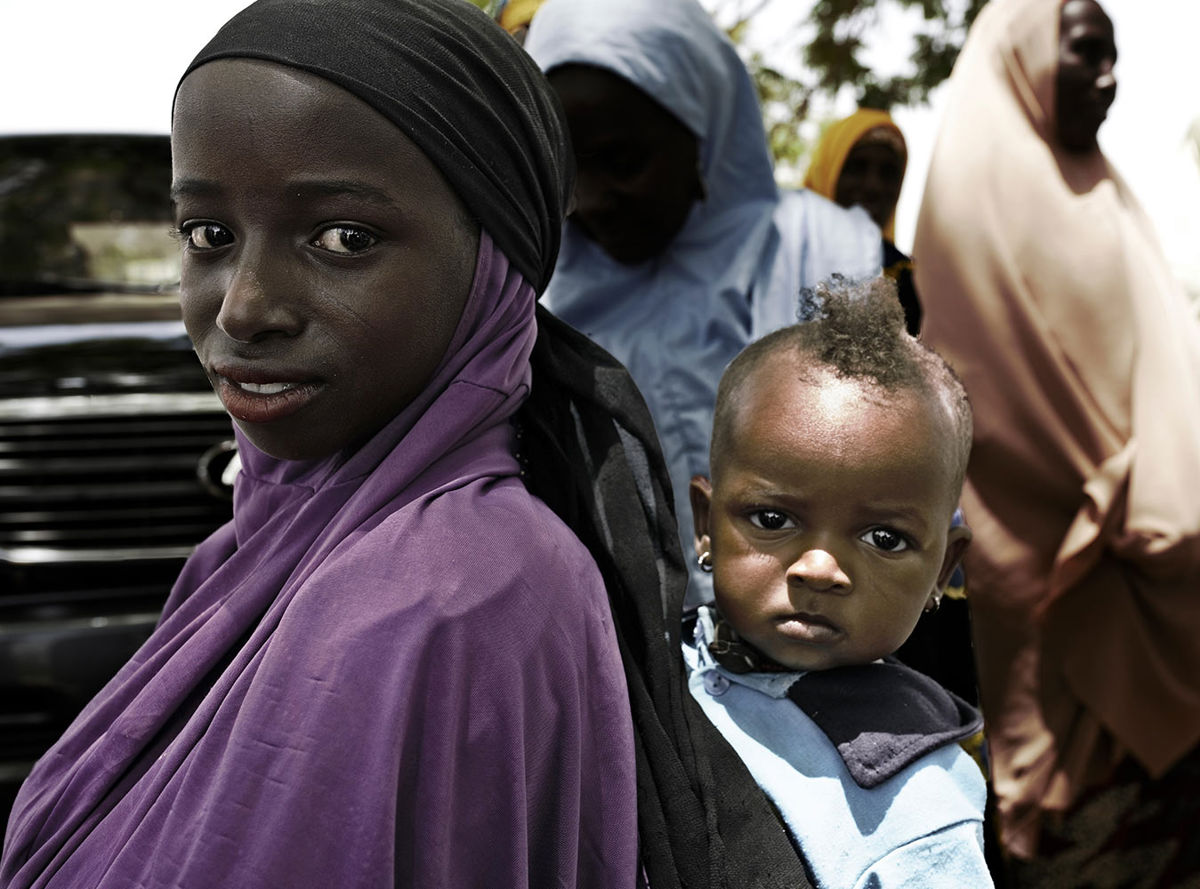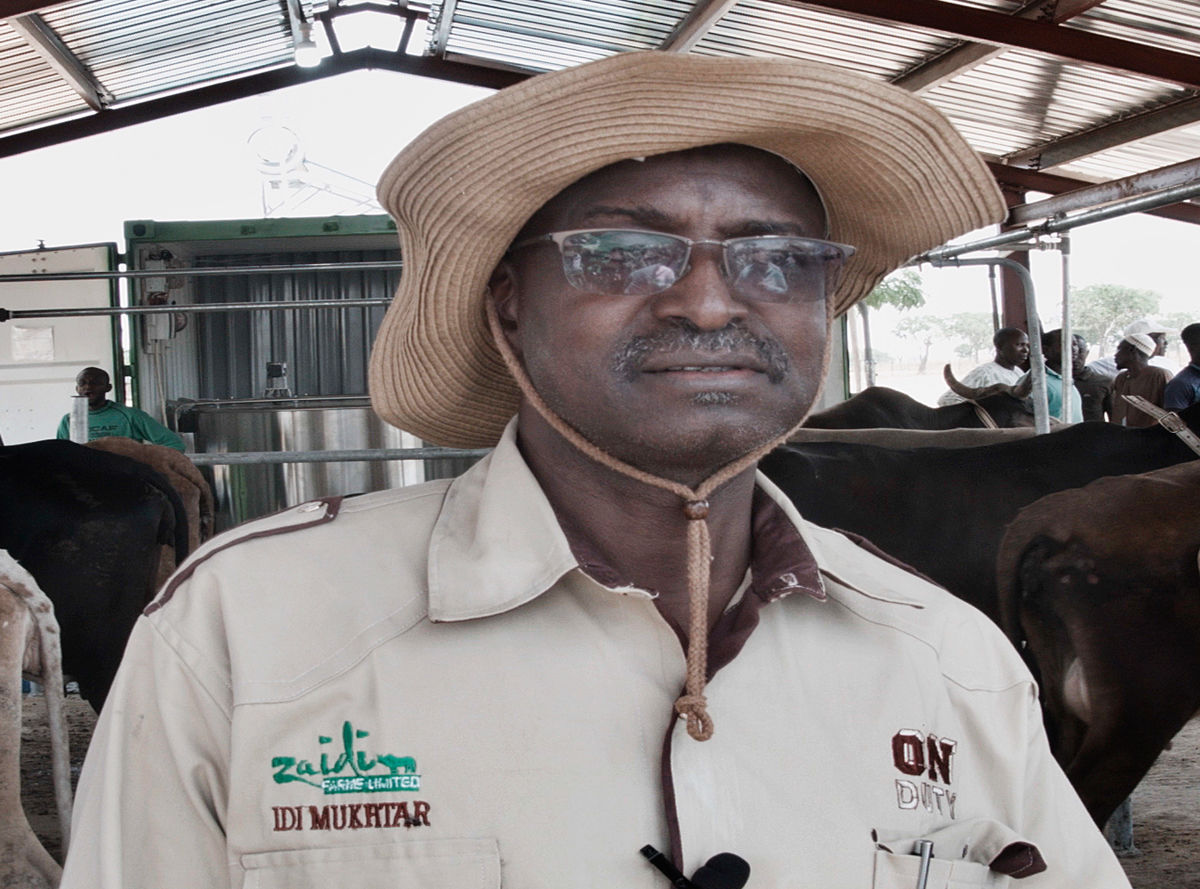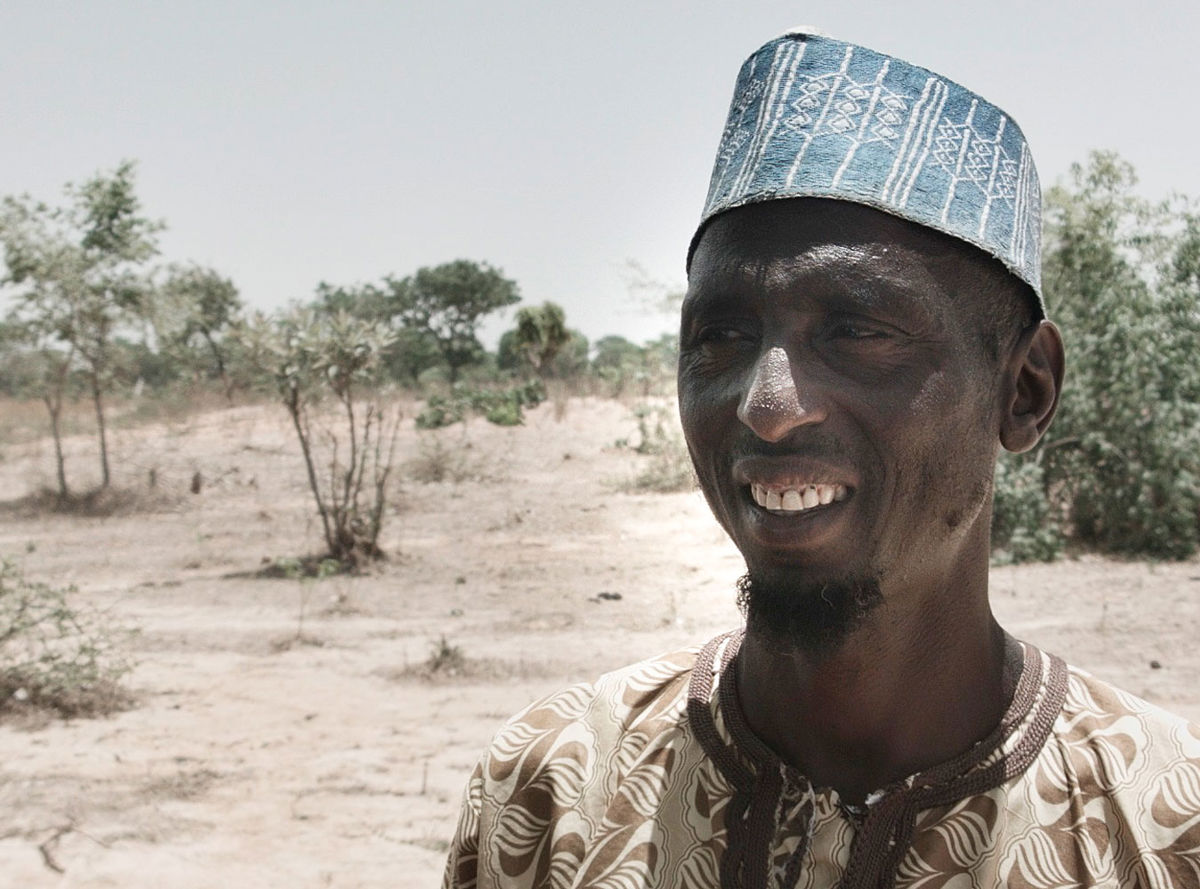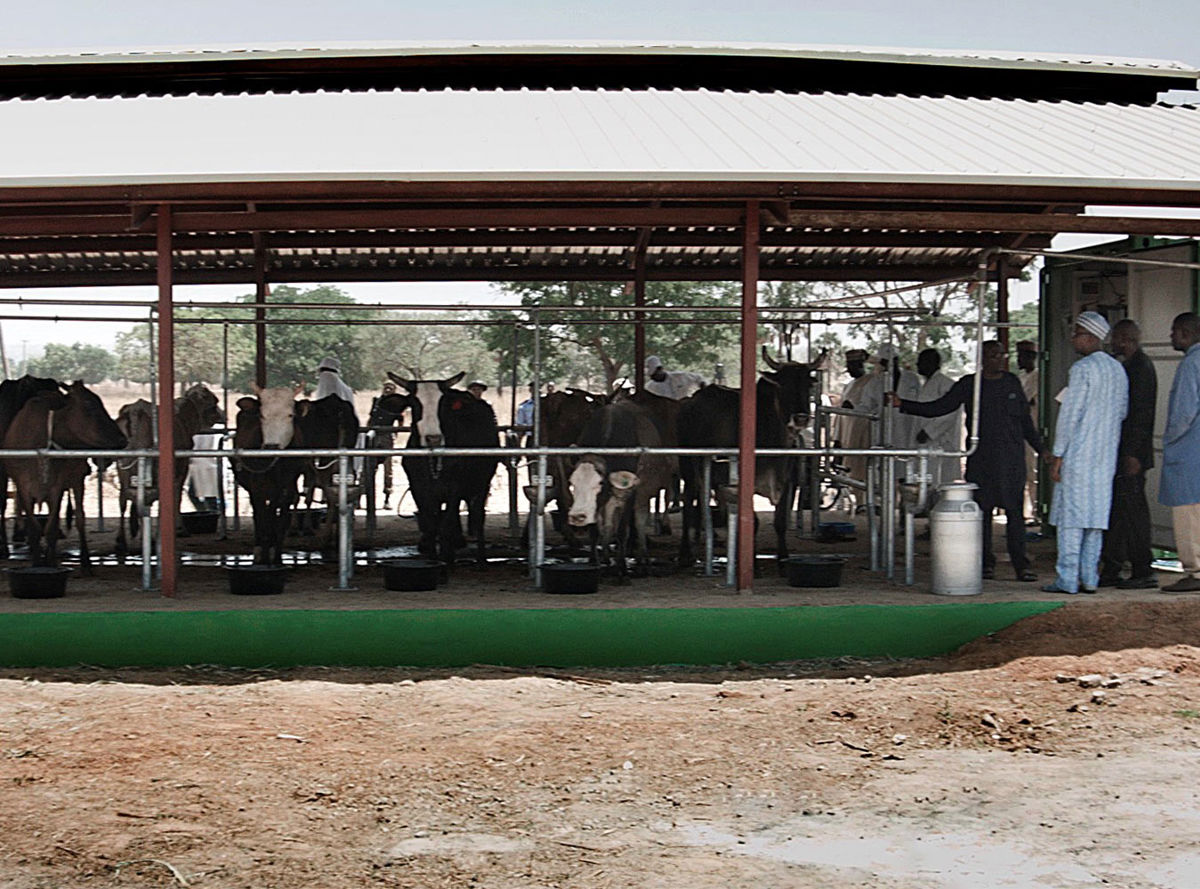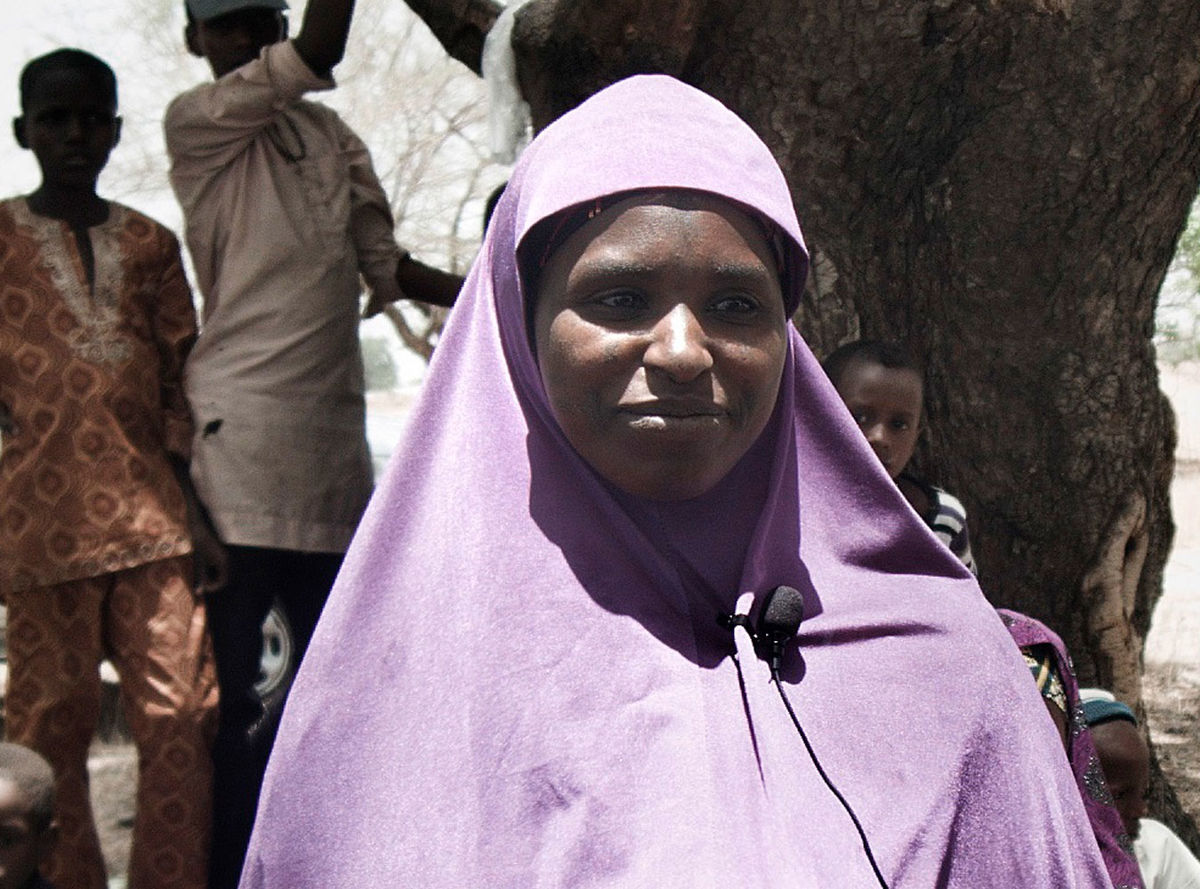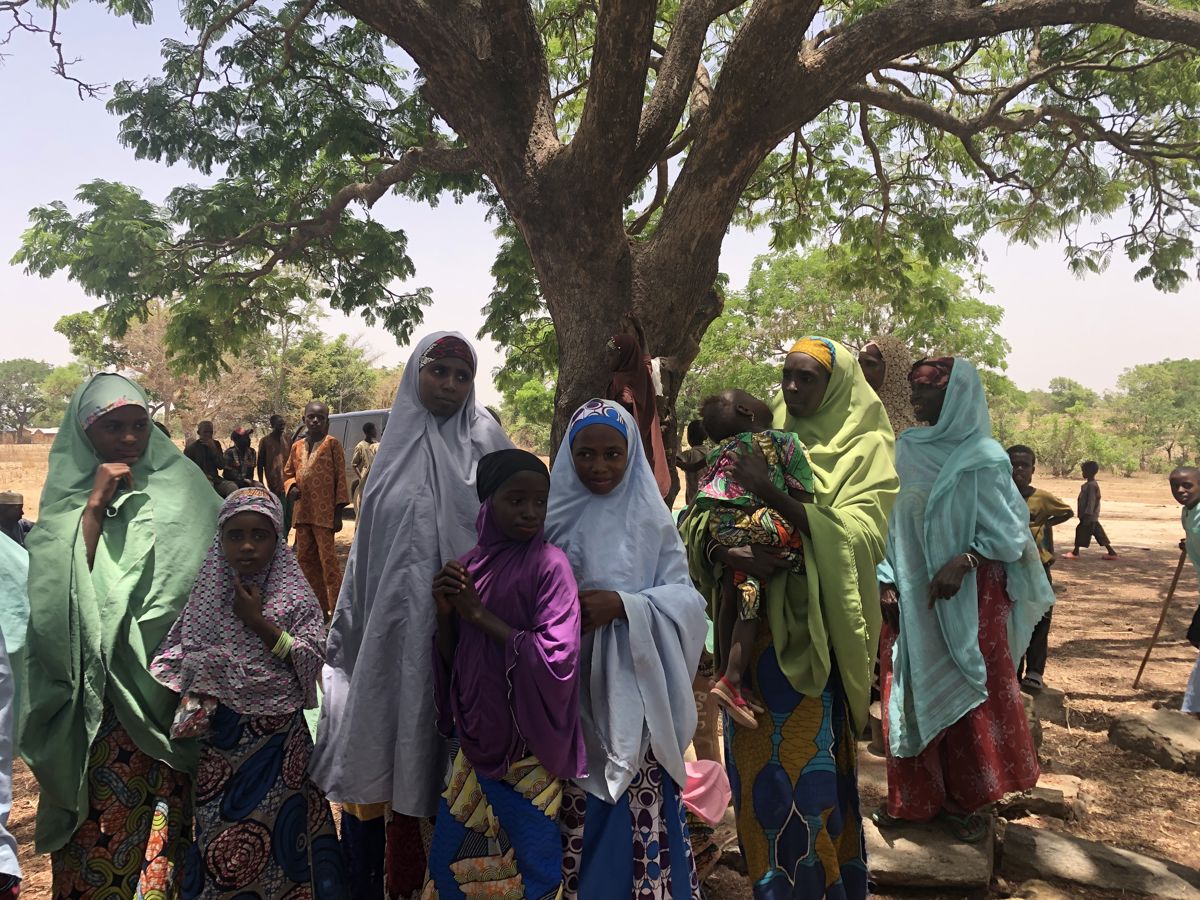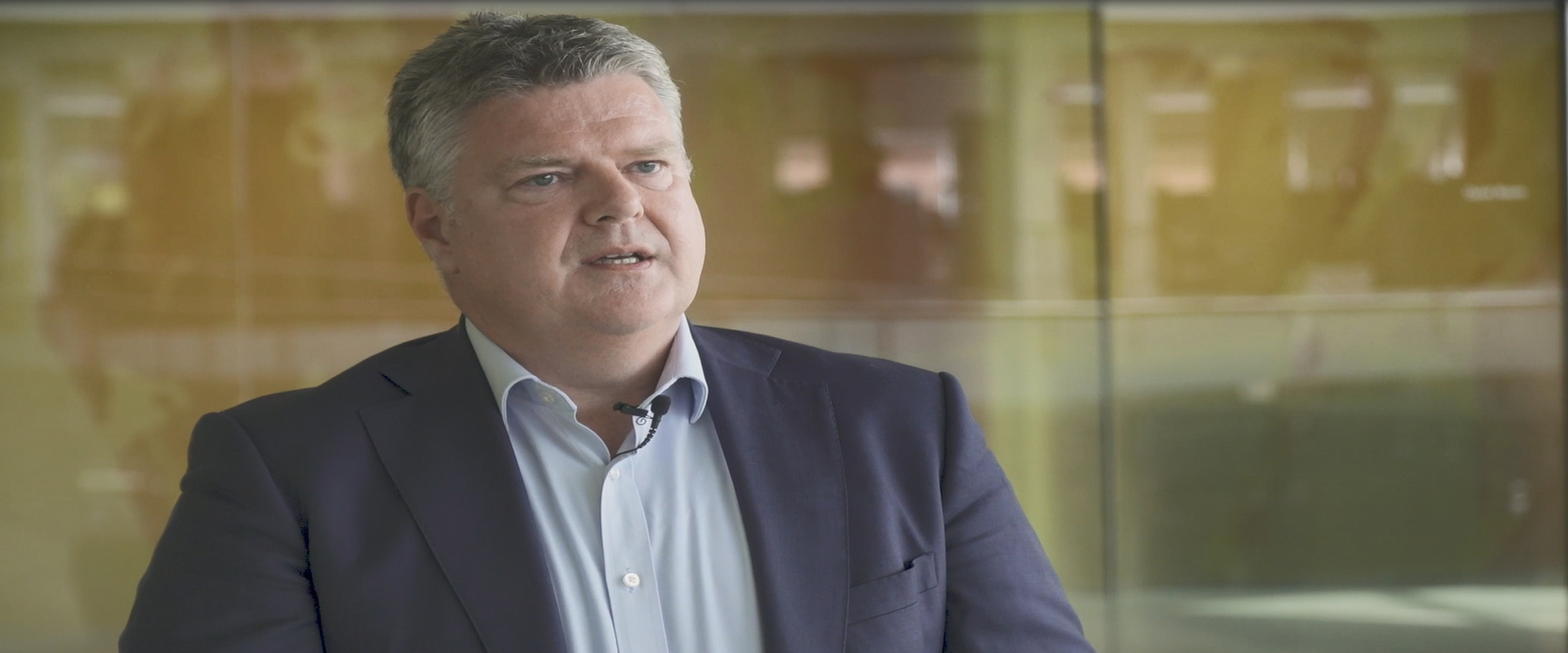We engage in the sustainable development of the local dairy sector in the emerging markets in which we operate. It is expected of us as a leading international dairy group and we believe that a trusted and flourishing local dairy sector will benefit both local small farmers and domestic and international dairy companies.
Our focus is on Nigeria, Bangladesh, China, Indonesia and Ethiopia, where we are committed to meeting the needs of the present population, without compromising opportunities for future generations. Our ambitions for sustainable international dairy development are aligned to the UN's sustainable development goals.
Nigeria is an emerging market where we have been engaging in the development of the local dairy sector for several years. Here's our story.

